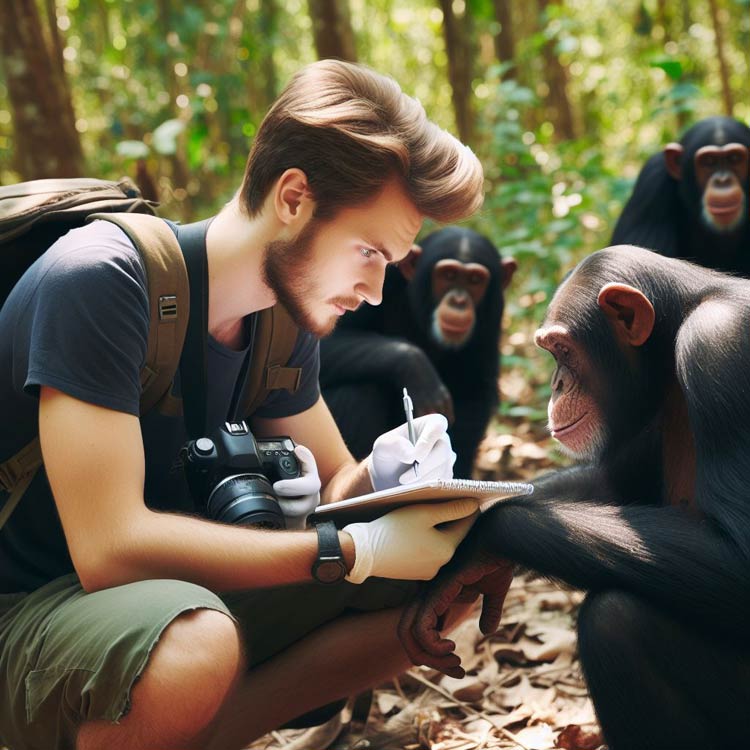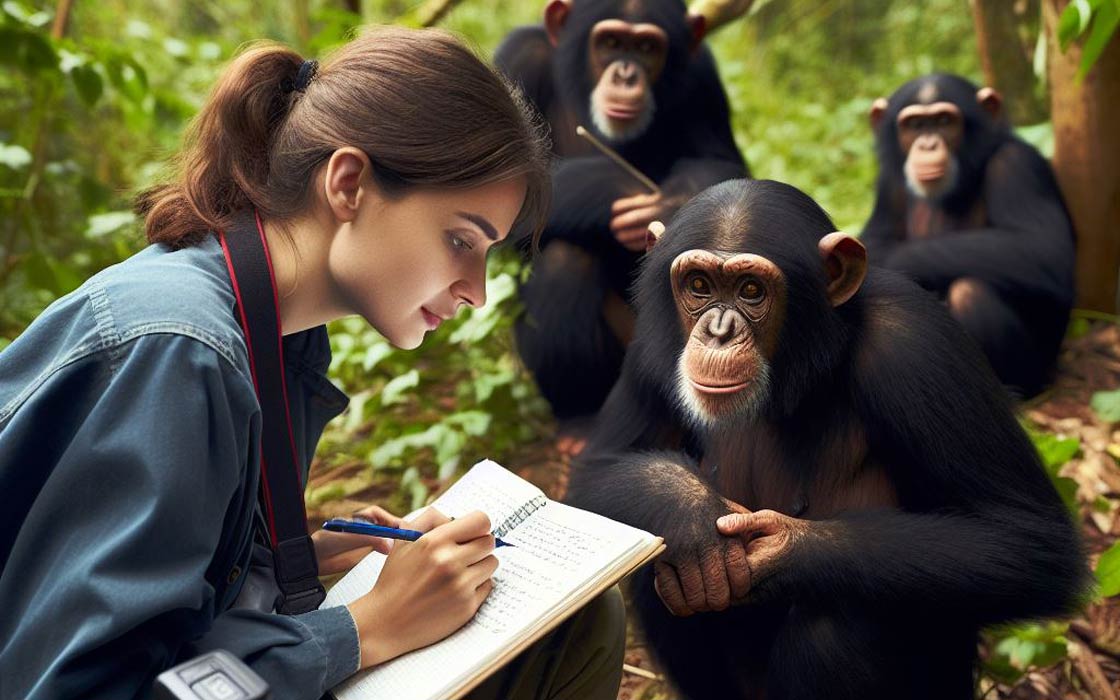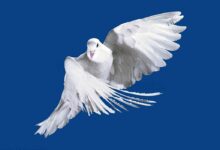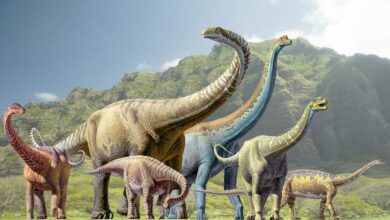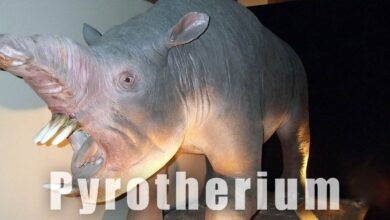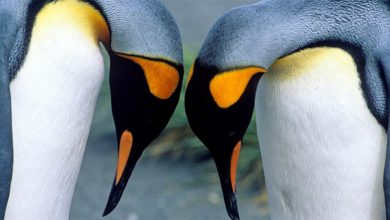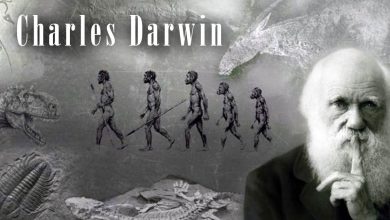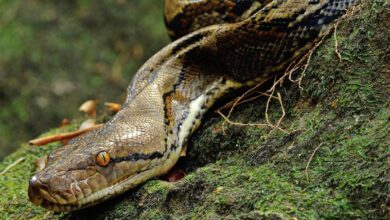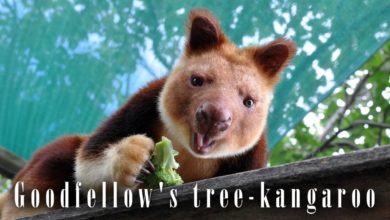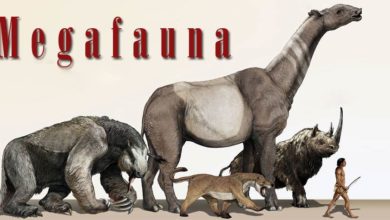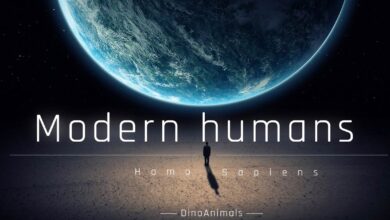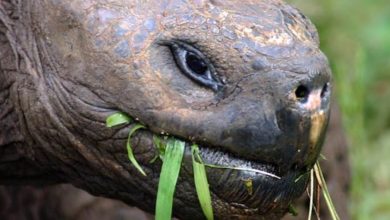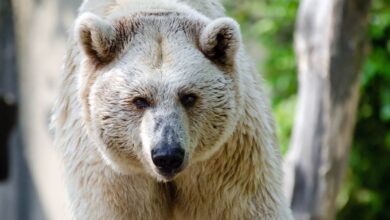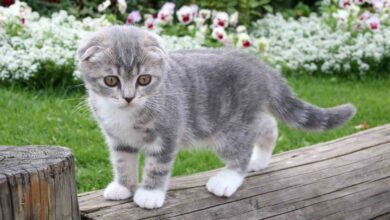How Can a Student Become the Jane Goodall of Their Field
In a world filled with extraordinary achievements across various fields, the name Jane Goodall stands out as a beacon of inspiration and dedication. Renowned for her groundbreaking work with chimpanzees, Goodall redefined our understanding of primatology and conservation, proving that with passion and perseverance, one can make significant contributions to their field.
For students dreaming of emulating Goodall’s success, the question arises: how can they become the Jane Goodall of their field? This article explores the pathways to achieving such heights of innovation and influence, providing a guide for students to carve their own remarkable journeys in their chosen disciplines.
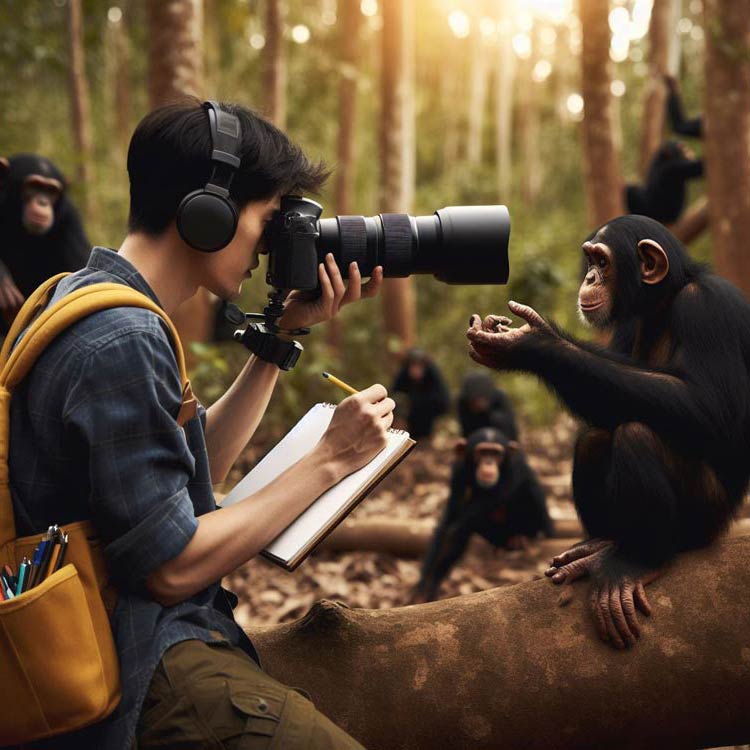
Jane Goodall’s Journey
Jane Goodall’s journey to becoming a pioneering figure in primatology is a tale of passion and perseverance. From a young age, she harbored a deep love for animals and Africa, which eventually led her to the Gombe Stream National Park in Tanzania. Here, her revolutionary study of chimpanzees challenged prevailing scientific beliefs and showed the world the complex emotional and social lives of these primates.
What set Goodall apart were not just her groundbreaking discoveries but her innovative methods, her relentless dedication, and her profound empathy.

Identifying Your Passion
The first step in emulating Goodall’s success is identifying one’s passion. Goodall’s love for animals was evident from a young age, guiding her career path. For students, discovering a true passion requires exploration of current hobbies and openness to new experiences. It’s about diving into various subjects, joining clubs, attending seminars, and not shying away from subjects that pique curiosity.
This journey of discovery is integral, as true passion fuels perseverance and dedication, crucial for making a lasting impact in any field. Students should be encouraged to follow their interests, however unconventional they may seem, as these could lead to a lifelong vocation.
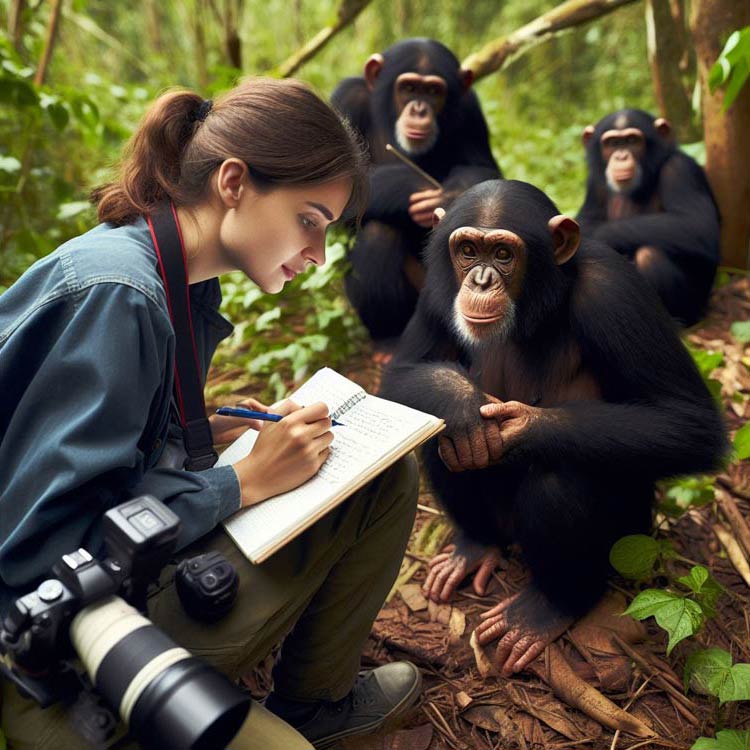
Embracing Fieldwork and Hands-On Experience
Jane Goodall’s groundbreaking work was built on immersive, hands-on research. Similarly, students should seek out practical experiences in their field of interest. This could mean participating in internships, volunteering in relevant organizations, or engaging in field research. Hands-on experience not only enriches academic understanding but also provides valuable real-world skills and insights.
Such experiences allow students to apply classroom knowledge to practical scenarios, deepening their understanding and sparking innovative ideas. Embracing fieldwork early on can set the foundation for pioneering work and discoveries in their future careers.
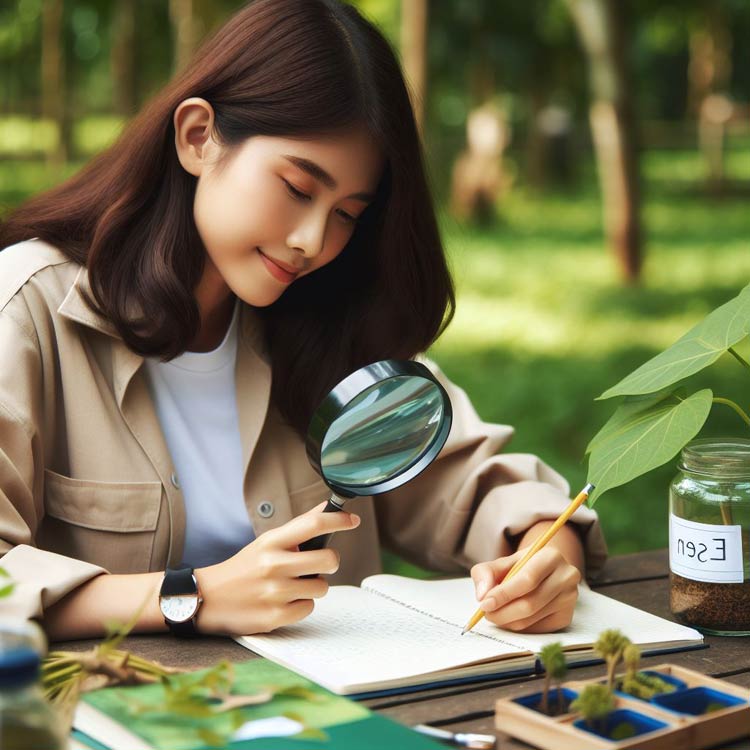
Building a Foundation: Education and Mentorship
While innate passion and field experience are crucial, a solid educational foundation cannot be overlooked. Formal education in the chosen field provides the theoretical knowledge and analytical skills necessary for advanced study and research. Beyond the classroom, seeking mentorship is vital. Mentors, like the famed palaeoanthropologist Louis Leakey, who mentored Goodall, can provide guidance, inspiration, and opportunities to engage in groundbreaking work.
Building a network of professionals and peers also opens doors to collaborative opportunities and a support system that is invaluable in any field. Students should actively seek mentors who align with their interests and aspirations, as these relationships often become pivotal in shaping their careers.
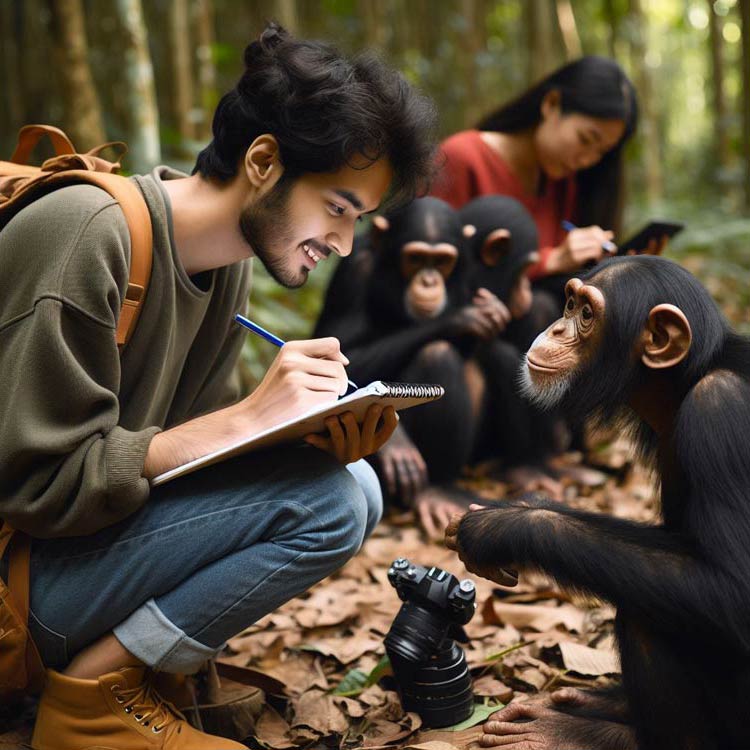
Innovating and Pioneering in Your Field
To become a leading figure in any field, like Jane Goodall in primatology, requires innovation and the courage to tread unexplored paths. Students should be encouraged to think creatively, question established norms, and develop new methods or ideas. This pioneering spirit often involves taking risks and facing setbacks. However, it’s through these challenges that significant breakthroughs are made.
Staying abreast of the latest developments and technologies in their field also plays a crucial role. By combining their unique perspective with cutting-edge tools and knowledge, students can contribute original ideas that push the boundaries of their disciplines.

Contributing to the Greater Good
Jane Goodall’s work transcended scientific discovery; it was also a powerful force for conservation and awareness. Similarly, students should aim to align their personal and academic goals with broader societal and environmental impacts.
Whether it’s through engaging in community outreach, participating in public education, or advocating for policy changes, contributing to the greater good is a hallmark of a true leader in any field. By focusing on how their work can benefit others and the planet, students can ensure their contributions have lasting, meaningful effects beyond their immediate area of study.
Takeaway
The journey to becoming a figure as influential and respected in one’s field as Jane Goodall is a blend of passion, innovation, and commitment to the greater good. It starts with identifying one’s passion, which is fueled by hands-on experience and a solid educational foundation and realized through innovative thinking and a dedication to making a positive impact.
As students navigate their academic paths, they may find themselves in need of guidance and support. In such times, turning to the best research paper writing service can provide the necessary assistance to keep them on track. Ultimately, the goal is not just to achieve personal success, but to follow in Goodall’s footsteps by contributing positively to their field and society at large, shaping a better future for all.
